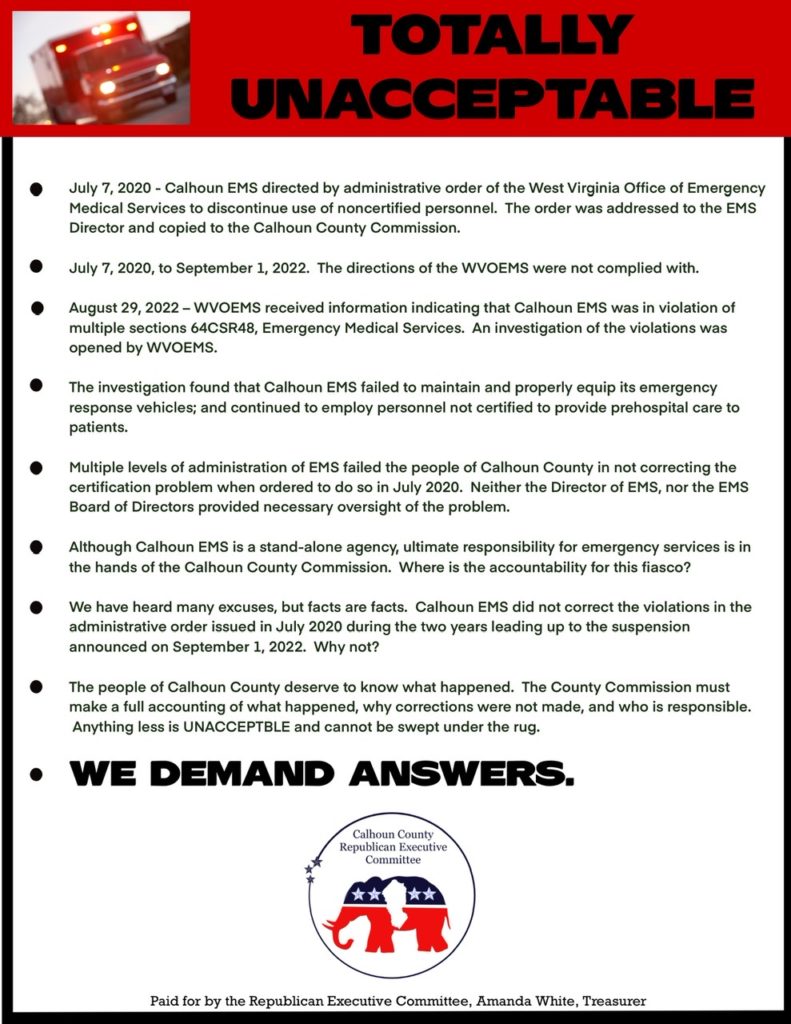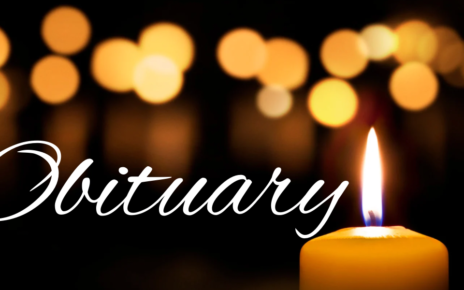
GLENVILLE, WV – In recognition of Constitution Day, the Department of Social Science at Glenville State University held their annual commemoration of the formation and signing of the United States Constitution. This year, discussions and presentations focused on the Supreme Court and Article III of the Constitution.
On Wednesday, September 14, Luke Bendick, Lecturer of Social Studies Education, visited Grafton High School to discuss Article III and the power to interpret the law of the United States granted to the Supreme Court. Throughout the day, Bendick spoke to eight different groups, totaling approximately 500 students. “I left Grafton High School thoroughly impressed with the student body’s attentiveness and the interest they displayed during my presentation concerning the history of the Supreme Court,” Bendick said.
On Thursday, September 15, faculty in the Department of Social Science invited the campus community to gather and discuss recent Supreme Court decisions. Nearly sixty individuals gathered in the Mollohan Campus Community Center Ballroom to pose questions to a panel of Social Science faculty. The panel consisted of Bendick, Dr. Josh Squires, Dr. Tim Konhaus, and Dr. Bob Hutton, with Dr. Kaitlin Ensor moderating the discussion. Combined, the panelists were able to cover a mixture of historical and procedural topics posed by attendees. Those questions ranged from marijuana laws to affirmative action to the separation of church and state. “The experience was well-received by students. They seemed interested in the material being discussed by the panel members,” Squires noted.
“I was impressed with the intellectual nature of the conversations during the event. I believe that the panel discussion is what our Founding Fathers would have wanted: to discuss the document that established the laws of our country,” said Hunter Hickman, a senior criminal justice major and President of the Criminal Justice Honor Society.
“Thanks to the Constitution Day event, I feel that I have a better understanding of the process and reasoning used in the Supreme Court of the United States when ruling on present day cases. I would like to commend the panel who answered questions pertaining to legitimate concerns of civil liberties, as they remained bias-free, neutral, and gave answers on a factual basis,” said senior criminal justice student Katelyn Richardson. “The panel was pressed with complex questions, and they were able to reach conclusions based on amendments, influential documents, and precedent rulings.”
Ensor, who is also the chair of the Department of Social Science, says that with the popularity of the panel discussion, the faculty are considering making the event a regular occurrence.
For additional information about the Department of Social Science at Glenville State University, contact (304) 462-6109.
















